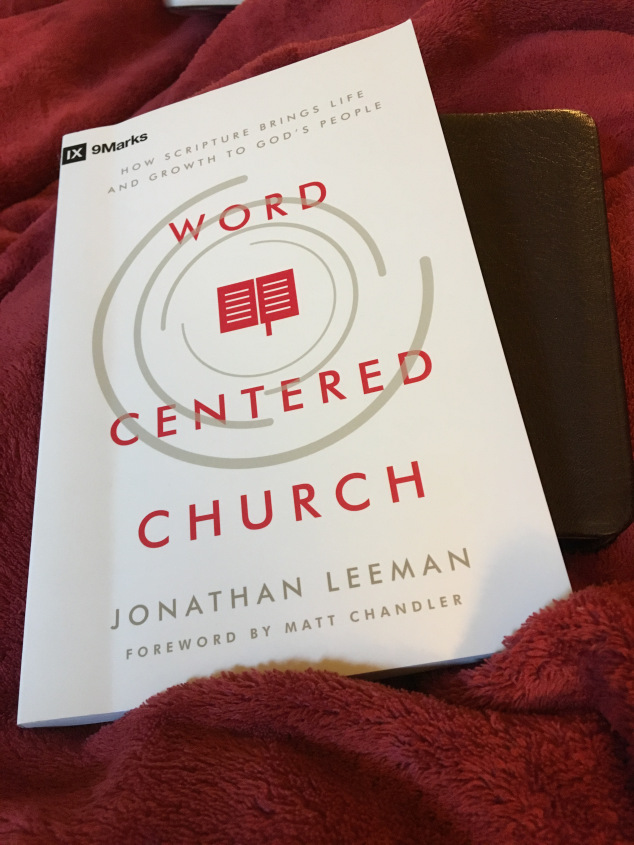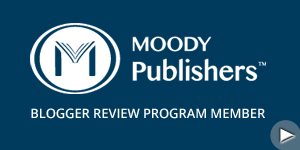Upon my marriage, I ended 22 years spent as a member of an established denomination, in churches steeped in tradition handed down for 400 years, and joined a non-denominational church plant barely three years old at the time. There is rigorous scriptural teaching in both places, but the change has come with extreme culture shock for me, requiring me again and again to consider what things are essentials for a church, and what things are not. Thus, when I saw that Moody offered Jonathan Leeman’s book Word-Centered Church: How Scripture Brings Life and Growth to God’s People for its Blogger Review Program, I was excited to have someone outside my circles help me consider the essential things.

In case his title didn’t give it away, Leeman’s primary goal for the book is to show “how uniquely essential [God’s Word] is” as “God’s primary instrument for growing God’s church” (18). In contrast to church growth stratagems involving programs, stylistic changes, and things people do, Leeman suggests that church growth comes through hearing God’s Word — in sermons, readings, songs, and prayers. “Christianity,” he says, “begins not with what we do, but with the announcement of what God has done” (19). Thus, Leeman calls churches away from the desperate search for the next new thing, and back “to stuff that is really old, really good, and really powerful” (23).
Leeman begins with an exposition of how God works through his Word, moving to explain how the Word separates church from world, works in individual hearts, and works in the church. The middle chapters of his book deal with the specific role of the Word-centered sermon in church life, while his concluding chapters explain what the church should do with the Word — sing it, pray it, live it with one another, and scatter it abroad!
In every chapter, Leeman calls toward a substantial, scripture-soaked church life, echoing Paul’s call to the Colossian church: “Let the word of Christ dwell in you richly . . .” (Col. 3:16). His style is simple and engaging, using personal stories and illustrations to drive home biblically-grounded arguments for a biblically-grounded church.
It’s a testament to the solidity of my churches, past and present, that Leeman’s arguments were not surprising to me, but affirmations of what I already knew to be true. Still, it was helpful to have someone walk carefully through the reasons behind the essentials, and to be reminded that the church’s mission to the world is not ultimately for the good of the world, but for the glory of God. Though I wouldn’t go so far as to call the book essential reading for every believer, it’s an excellent push toward what is essential, and, as such, I have no hesitations in recommending it.

©2017 by Stacy Crouch
Share this:- More





